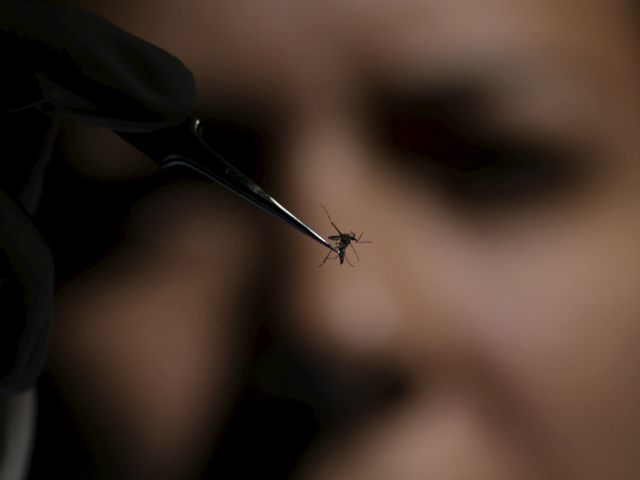Fearing a global pandemic, the South Korean Science Ministry has announced plans to invest 3 billion won ($2,438,910) in Zika research.
The government will provide 1 billion won ($812,970) to each team of three researchers built by the Science Ministry, ICT and Future Planning. They hope at least one team will develop “solutions to different tasks related to coping with the virus.”
Each team “will develop core-technologies related to the treatment of the Zika virus, as well as diagnosis kits that can promptly find out if a patient is infected.” South Korea has yet to record a case of Zika virus.
Patients often show no symptoms with Zika, but if they do, they are mild. Brazil, the epicenter of the outbreak, has proven connections between Zika and microcephaly, a birth defect that occurs when the brain does not form properly during pregnancy or after birth. This results in a smaller head. Children can suffer from seizures, developmental delays, intellectual disability, and feeding problems.
Doctors have also found links between Zika and the rare Guillain-Barré syndrome. Venezuelan media outlets reported at least eleven deaths from the syndrome, including one man who did not have access to treatment since the socialist country has a “shortage of immunoglobulin to apply intravenously [and] human albumin as an alternative therapy.”
The South Korean government also plans a mosquito population control drive. The Korea Times reports:
The Ministry of Health and Welfare said it will step up monitoring of mosquitoes that can spread the virus, check potential habitats where mosquitoes may breed, and start training pest control workers in early March so they can be fully prepared and take preemptive actions to exterminate mosquitoes.
….
The government has said the Asian tiger mosquito has been cited for the spread of the virus, and that its control efforts will be centered on this insect. The tiger mosquito becomes active around May.
Workers will check “39 areas that can breed large numbers of mosquitos” between March and October.
Earlier this month, the government took other steps to prevent an outbreak. Officials banned blood donations from anyone who traveled to areas with Zika. According to The Straits Times:
In an emergency meeting chaired by Health Minister Chung Chin Youb in Seoul, the health authorities and medical professionals agreed to strengthen blood safety measures at all medical facilities nationwide, banning those who have travelled to Zika-affected countries from donating blood for at least 30 days upon their return to South Korea, as well as coming up with more efficient and scientific methods to control mosquitoes before the summer months arrive.
“Health authorities must be fully prepared to counter the Zika virus,” insisted Chung. “That includes treating people infected with the virus when they enter the country and formulating a concerted response when temperatures rise and mosquitoes become active.”

COMMENTS
Please let us know if you're having issues with commenting.